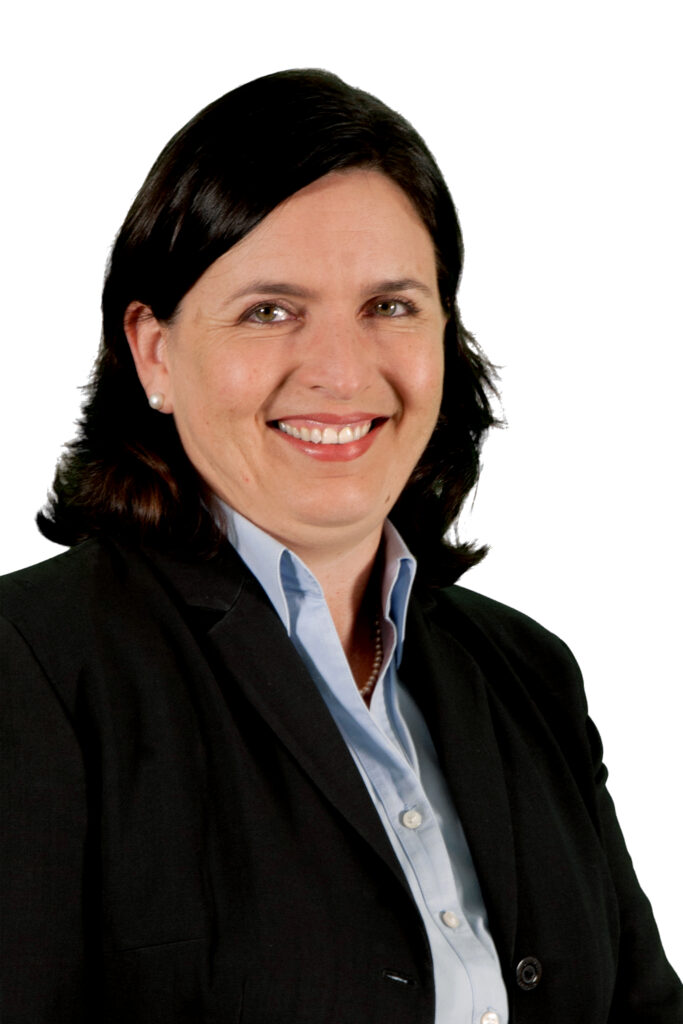By Hilary Dudley, Managing Director at Citadel Fiduciary

In today’s increasingly complex legal and regulatory landscape, financial advice has transformed into a specialised professional discipline. As a result, fiduciary services have become a cornerstone of the financial services industry, playing a critical role in safeguarding wealth and ensuring long-term continuity.
What are Fiduciary services – The term “fiduciary” has gained wider usage in South Africa over the past two decades, though its legal roots are longstanding. A fiduciary acts on behalf of others, often in roles such as trustees, executors, financial advisors, curators, or guardians. These individuals or institutions are legally and ethically obligated to prioritise the best interests of their clients, demonstrating a high standard of care, loyalty, confidentiality, and prudence.
Fiduciary services primarily involve inheritance and succession planning. This includes drafting wills, administering deceased estates, establishing and managing trusts and offering advice on local and offshore structuring. Cross-border estate planning and curatorships may also fall within this domain.
Who can provide these services – There is currently no specific qualification or licensing requirement to offer fiduciary services in South Africa, with the exception of trust companies being authorised to wind up deceased estates. Practitioners typically have legal, financial, tax or banking backgrounds. Oversight falls under the Master of the High Court, as governed by the Trust Property Control Act and the Administration of Estates Act. These laws outline the conduct expected of fiduciaries, including authorisation requirements and provisions for removal in cases of misconduct or non-compliance.

The future is a door,
and today’s decisions are the key.
At Credit Guarantee, we partner with small business owners to unlock growth, protect investments, and build long-term resilience.
CGIC is a licensed FSP and Non-lifeInsurer.
However, the Master’s Office does not regulate fiduciary practitioners in the same way that other professions, such as financial advisors or lawyers, are regulated. This lack of formal oversight has prompted the creation of professional bodies like FISA (Fiduciary Institute of South Africa) and STEP (Society of Trust and Estate Practitioners), which seek to uphold standards through codes of conduct and continuous professional development. Membership in these organisations remains voluntary.
Recent regulatory changes now require trust and company service providers to register with the Financial Intelligence Centre (FIC) as part of South Africa’s broader anti-money laundering efforts. While this brings some compliance oversight, it does not constitute formal regulation of fiduciary services.
How important is collaboration in managing complex wealth and estate structures effectively – It’s increasingly difficult for a single advisor to manage both investment and fiduciary considerations effectively. This is particularly true for clients with international exposure, be it through offshore investments, migrated family members, or globally dispersed estate structures. Even seemingly simple matters, like drafting a will, can become complex under these circumstances.
Financial and fiduciary planning also intersect with compliance concerns, such as tax and exchange control regulations. In a rapidly evolving landscape, it is challenging for one advisor to maintain up-to-date expertise across all areas. This reality highlights the importance of involving a dedicated fiduciary advisor who monitors regulatory changes and ensures clients’ estate and succession planning is always relevant and legally compliant.
Drawing from experience within both stand-alone fiduciary firms and an integrated environment like Citadel, Dudley notes that the most effective outcomes arise from collaboration between financial and fiduciary advisors. This model facilitates holistic financial planning, fosters knowledge sharing, and strengthens both areas of expertise to better serve clients.
While partnerships with external fiduciary advisors can be effective, they require more effort to maintain consistent communication and alignment. An in-house, team-based approach makes for a more streamlined, coordinated process.
A team-centric solution
Employing both financial and fiduciary specialists is not a question of competence but one of efficiency and strategic division of responsibilities. Integrated fiduciary services play a critical role in protecting client wealth, ensuring continuity across generations, and simplifying the complexities of estate planning.
Ultimately, this collaborative model offers families stronger protection and clearer guidance, both locally and across borders, as they navigate an increasingly complex financial world.
Editors’ thoughts
Hilary Dudley offers a powerful reminder that fiduciary services are not just a legal necessity, but a strategic cornerstone in any holistic financial plan. Her insights highlight how collaboration between financial and fiduciary specialists leads to stronger, more future-proof outcomes for clients. As our financial lives grow more complex, especially with cross-border considerations, the role of a dedicated fiduciary advisor becomes indispensable. This article reinforces that protecting wealth across generations takes more than returns, it takes structure, care, and trusted partnerships.

